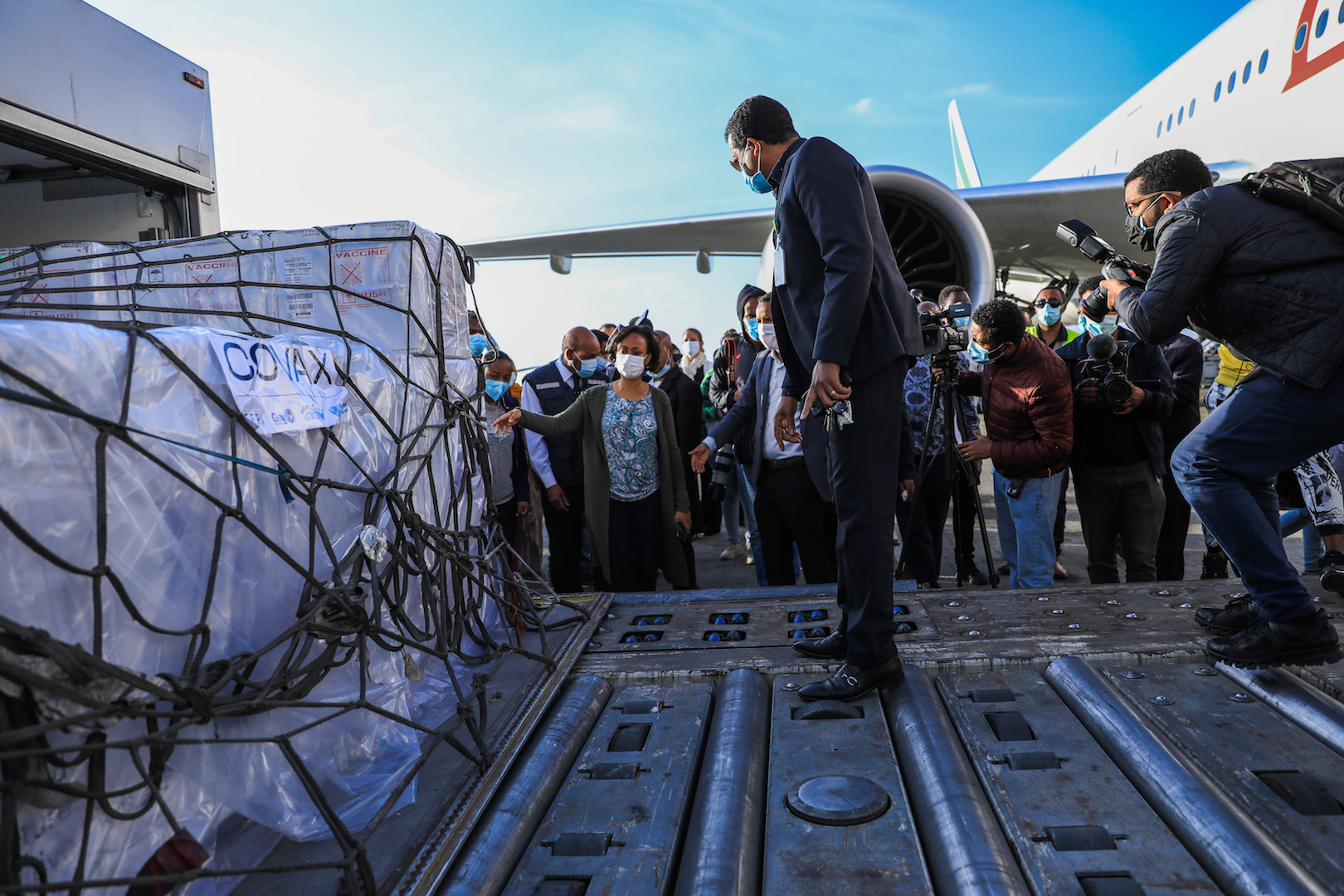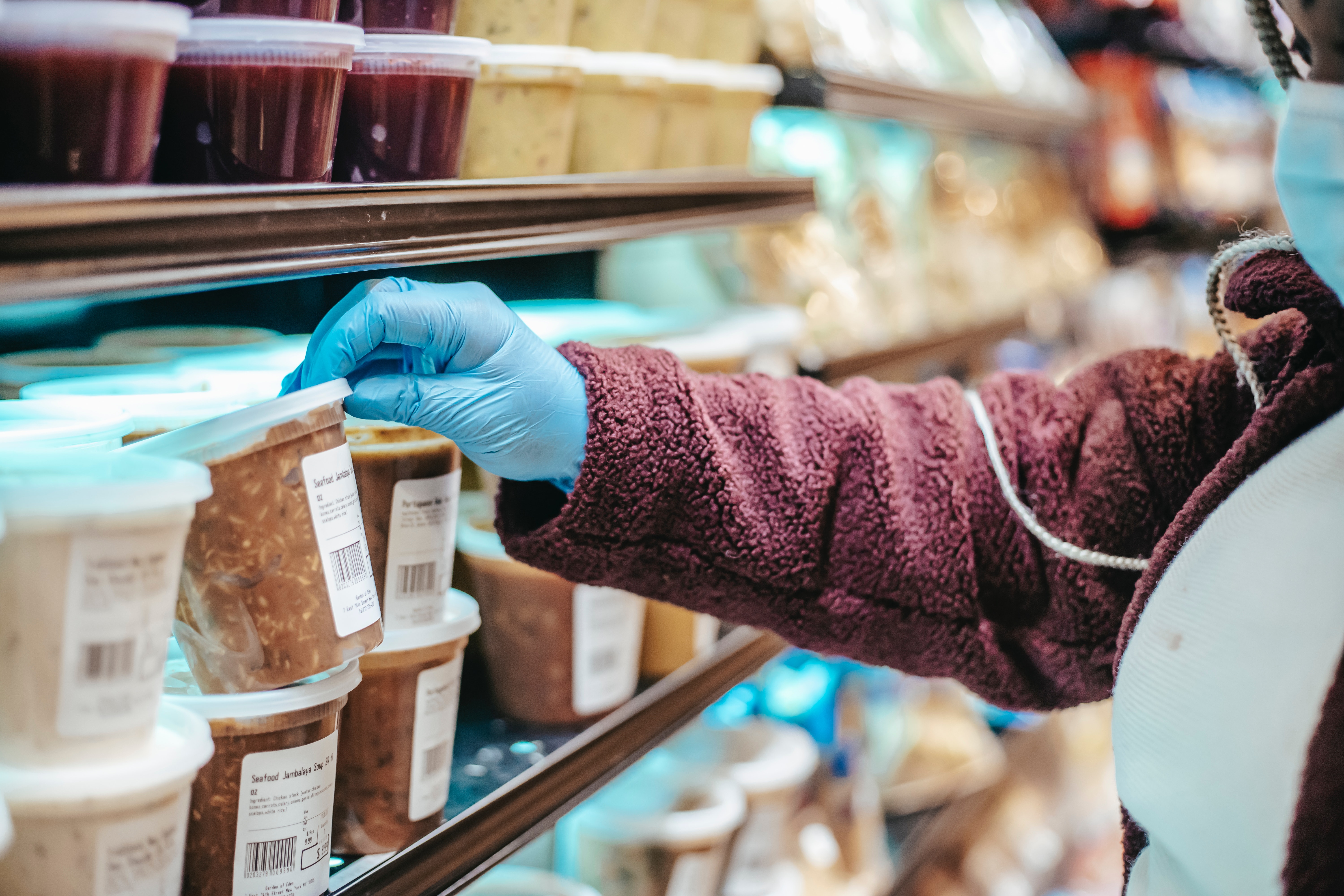In this blog, the authors discuss their recent commentary: Challenging the Illusion: Health Equity Amidst New Variants, arguing that health equity has remained an illusion during the COVID-19 pandemic.
The global response to the COVID-19 pandemic pushed everyone – from world leaders to community health workers – to rethink whether our health systems are truly fit-for-purpose. Answering this forces us to confront uncomfortable truths about whether global health actors can live up to their commitments to “health equity.”
In a recent commentary published in the International Journal of Public Health, the authors open by asking questions for all of us working in public health to actively reflect on: Why has the international community been ineffective at successfully controlling the outbreak? Why are there continuous significant disparities in vaccination rates between low- and middle-income countries (LMICs) and high-income countries (HICs)? They assert that the answer to these questions hinges on our understanding of health equity.
“Of all the forms of inequality, injustice in health care is the most shocking and inhuman.” – Dr. Martin Luther King
When cases of COVID-19 began cropping up worldwide, global health stakeholders were unified in their shared commitment to identify solutions that could halt the spread of the virus. One of the most profound success stories of the pandemic – and indeed the past decade in global health – was the record-breaking speed at which COVID-19 vaccines were developed, trialled, and manufactured. This was a groundbreaking milestone, and many believed that the end of the pandemic was within reach.
Unfortunately, despite the availability of vaccines, a gulf between the ability of HICs and LMICs to access and distribute these lifesaving tools quickly emerged and proved difficult to rectify. Understanding and explicitly calling out what led to this divide will be important as world leaders actively negotiate proposals to strengthen future pandemic preparedness and response initiatives. As we evaluate these inequities, it’s important to note that they stem from several factors, both in terms of socioeconomic constraints at the domestic level and power imbalances at the international level.
“Without equity, we cannot end COVID-19, HIV or any other pandemic,” – Peter Sands, from The Global Fund.
Since the beginning of this crisis, varying trends in COVID-19 transmission have been observed globally. LMICs with insufficient resources and fragile infrastructure often could not cope with the undulating waves of the pandemic. In the aftermath, economic recession, loss of human life, and significant lack of healthcare resources strained these countries, debilitating their already-fragile health systems. In particular, health officials and frontline staff reported insufficient numbers of hospital beds, reduced ventilatory support, and inadequate health workforce capacity. This fragile context facilitated the emergence of highly-transmissible variants.
“This pandemic has magnified every existing inequality in our society – like systemic racism, gender inequality, and poverty,” – Melinda Gates in an interview in September.
Emerging variants like Omicron were an alarming sign that the situation was far from under control. This will (as is usually the case) disproportionately impact LMICs. Without external support from HICs, the pandemic will continue posing more and more challenges for LMICs, as the Global North increasingly turns a blind eye in a steadfast attempt to “return to normal.” As we’ve already seen, this will not only undermine public health but will rob people of their livelihoods and weaken global economies. For example, in many LMICs, already-vulnerable migrant and informal workers have had to make the impossible choice between their lives and livelihoods, often forgoing public health guidance to put food on the table. Meanwhile, travel and trade restrictions, often unfairly (and even based on racist assumptions) levied on LMICs in the Global South, further debilitated these economies.
While political support for equitably distributing vaccines has waxed and waned, the virus continues to spread. HICs, leaning on their inherent global influence and deep pockets, were able to procure the majority of vaccine doses from pharmaceutical manufacturers. Compounding this, HICs further stockpiled additional doses for booster shots. Meanwhile, LMICs – dependent on global initiatives like COVAX – have received far fewer doses than HICs. Moreover, millions of doses were delivered close to the expiry date, leaving many recipient countries with little choice but to reject them. The development of vaccine manufacturing hubs in LMICs offers a concrete solution to this problem; however, bold action from relevant partners would be urgently needed to prioritize human lives over profit – an expectation the pandemic has demonstrated may be a bigger ask than many would hope.
“This is not an act of charity, this is in all of our interest … There is no safety without equity,” – Hugh Evans, co-founder and CEO of Global Citizen.
Underpinning each and every misstep along the path to vaccine inequity is the reality that health equity was often a principle in name only. Health equity is one of the defining aspects of the Sustainable Development Goals (SDGs), and its lessons amidst the pandemic have taken centre stage in response and recovery efforts. Health equity is often characterized as the opportunity to seek good and fairer healthcare services without barriers. The pandemic showed time and again that health equity may have amounted to little more than a facade; COVID-19 exposed the concept as an illusion. Elite leaders in global health – from philanthropists to HIC governments to organization heads – have repeatedly failed to prioritize the needs of marginalized and vulnerable populations. Even at the nation-state level, LMICs were often last in line to obtain vaccines and other critical COVID-19 tools.
The catastrophe of COVID-19 underscores that leadership and cooperation are the lifeblood of equitable pandemic preparedness and response. In the end, HICs have exhibited a tendency to prioritize sovereign interests over international collaboration. When faced with a threat as existential and as potentially unifying as a pandemic, this is nothing short of self-defeating.
The world has played witness to profound inequality throughout the COVID-19 crisis. The imbalance of power and resources, the two most striking tools wielded by HICs and lacking by LMICs, have led to very different responses to the pandemic. The virus and its knock-on effects will continue to disproportionately impact already-disadvantaged and vulnerable populations, including low-income groups, women and girls, refugees, and other minorities. Meanwhile, HICs risk being lulled into a false sense of complacency as rising cases fuel more variants – each at increasing risk of evading all available vaccines in our arsenal.
The catastrophe of COVID-19 underscores that leadership and cooperation are the lifeblood of equitable pandemic preparedness and response.
It will take years for the most affected populations to “return to normal.” To end the pandemic, coordinated, unified, and bold actions – underpinned by community-led health systems rooted in primary health care with a view toward universal health – are needed to distribute COVID-19 vaccines and other tools. Health equity must not be an afterthought to prepare for the next pandemic but a starting point.





